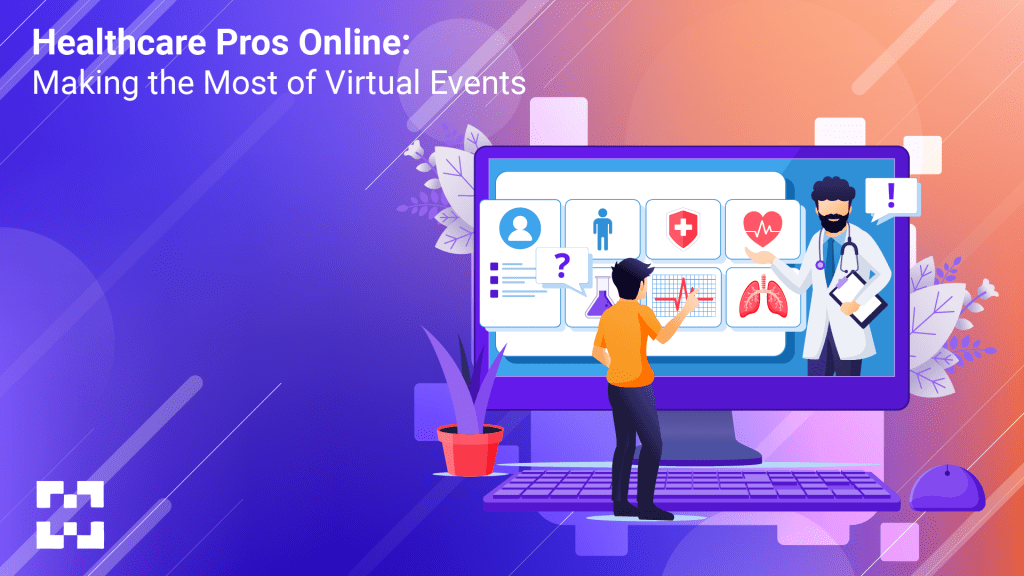
Introduction:
The landscape of professional development and networking has undergone a profound transformation, and healthcare professionals are no exception. In this blog, we delve into the realm of virtual events, examining how healthcare professionals adapt to and engage in these digital spaces.
Flexibility in Continuing Education:
Healthcare professionals are embracing virtual events as a flexible solution for continuing education. Virtual conferences and webinars allow them to stay current with the latest medical advancements and industry trends without the constraints of physical attendance.
Global Networking Opportunities:
Virtual events break down geographical barriers, providing healthcare professionals with the chance to connect with peers, experts, and industry leaders from around the globe. This expanded network enhances collaboration and the exchange of valuable insights.
Adapting to Technological Innovations:
The healthcare industry is no stranger to technological advancements, and professionals within it are quick to adapt. Virtual events serve as a platform for them to explore new technologies, engage in virtual demonstrations, and stay informed about cutting-edge solutions.
Enhanced Accessibility for Diverse Specialties:
Virtual events cater to the diverse needs of healthcare professionals by offering specialized tracks and sessions. Attendees, whether physicians, nurses, or allied health professionals, can choose content that aligns with their specific interests and expertise.
Balancing Busy Schedules:
Healthcare professionals often grapple with demanding schedules. Virtual events provide a solution by enabling them to participate in sessions, discussions, and networking activities at their convenience, accommodating the challenges of their varied work hours.
Interactive Learning Opportunities:
Virtual events in healthcare are designed with interactive features such as live Q&A sessions, virtual exhibits, and networking lounges. These elements enhance the learning experience, fostering engagement and collaboration among healthcare professionals.
Evolving Telehealth Landscape:
The rise of virtual events aligns with the growing prominence of telehealth. Healthcare professionals attending virtual events gain insights into the latest telehealth technologies, regulatory updates, and best practices, contributing to the evolution of remote patient care.
Data Security and Compliance:
As stewards of sensitive patient information, healthcare professionals prioritize data security and compliance. Virtual events that address these concerns by implementing secure platforms and adherence to privacy regulations garner trust among healthcare attendees.
Professional Development Beyond Borders:
Virtual events empower healthcare professionals to pursue continuous professional development without the constraints of travel costs and time commitments. This accessibility broadens their horizons, fostering a culture of lifelong learning.
Post-Event Application of Knowledge:
Healthcare professionals leverage virtual event insights in their daily practice, implementing newfound knowledge and strategies gained from virtual conferences and webinars. This practical application reinforces the value of virtual events in the healthcare sector.
Conclusion:
The virtual landscape has become an integral part of how healthcare professionals engage, learn, and collaborate. As they embrace the flexibility, accessibility, and interactivity of virtual events, the healthcare industry evolves, ensuring that professionals remain at the forefront of innovation and patient care.





